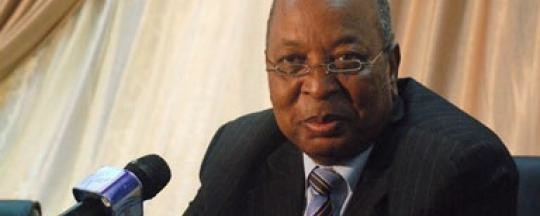This report is part of an exclusive series, ‘War Economy’, which focuses on the economic situation in South Sudan.
The South Sudanese government has delayed to publicly release second quarter spending reports after overspending its first quarter (Q1) budget by 15% and borrowing hundreds of millions of dollars.
The first quarter ‘macro-fiscal’ report covering the period of July to September last year was released on 15 December on the finance ministry’s website, but the report for the second quarter, which ended nearly three months ago, has not been released.
South Sudan’s 2014/2015 fiscal year budget anticipated expenditures of 9.532 billion SSP (excluding interest payments, arrears, and a plan to create a contingency fund), according to the Appropriation Act 2014/2015. This makes for a budget of 2.383 billion per quarter.
The government actually overspent this quarterly budget by 15%, with actual expenditures in the quarter at 2.744 billion SSP, a difference of 361 million SSP.
Although figures are not yet publicly available for quarter 2 or 3, a calculation based on the Q1 spending level – assuming that spending either increased or remained steady – would show that the government already overspent its budget to-date by at least one billion SSP.
Speaking earlier this month, a source at the finance ministry who declined to be named warned of an impending fiscal crisis, pointing out that the government revenues have dropped while spending on salaries and the military has increased.
He estimated the government has 300,000 soldiers and 20-30,000 civil servants on the payroll.
The Finance Ministry acknowledged overspending on salaries during the first quarter of the fiscal year (July to September 2014), reporting, “Defence, other security agencies and the Office of the President spent more in the first quarter on salaries and operating costs than budgeted for. Both oil and non-oil revenue are likely to fall far short of budgeted amounts for the remainder of the year.”
Defence Ministry spending was 50% higher than budgeted and the president’s security budget (the National Security Service falls under the Office of the President) was also 50% overspent.
File photo: Finance Minister-designate David Deng Athorbei




